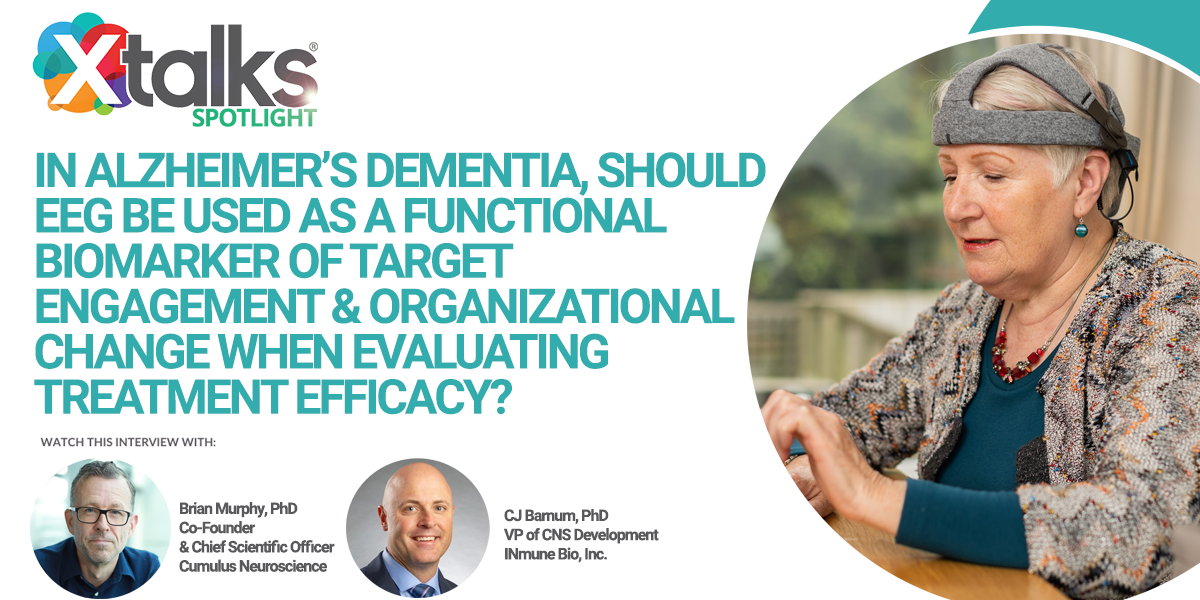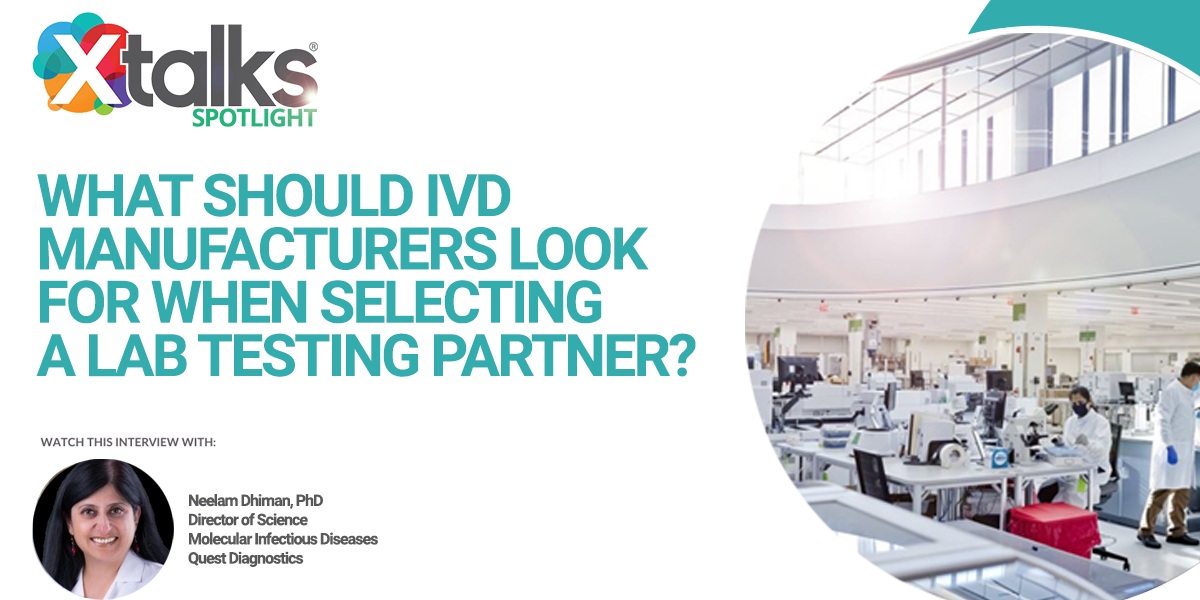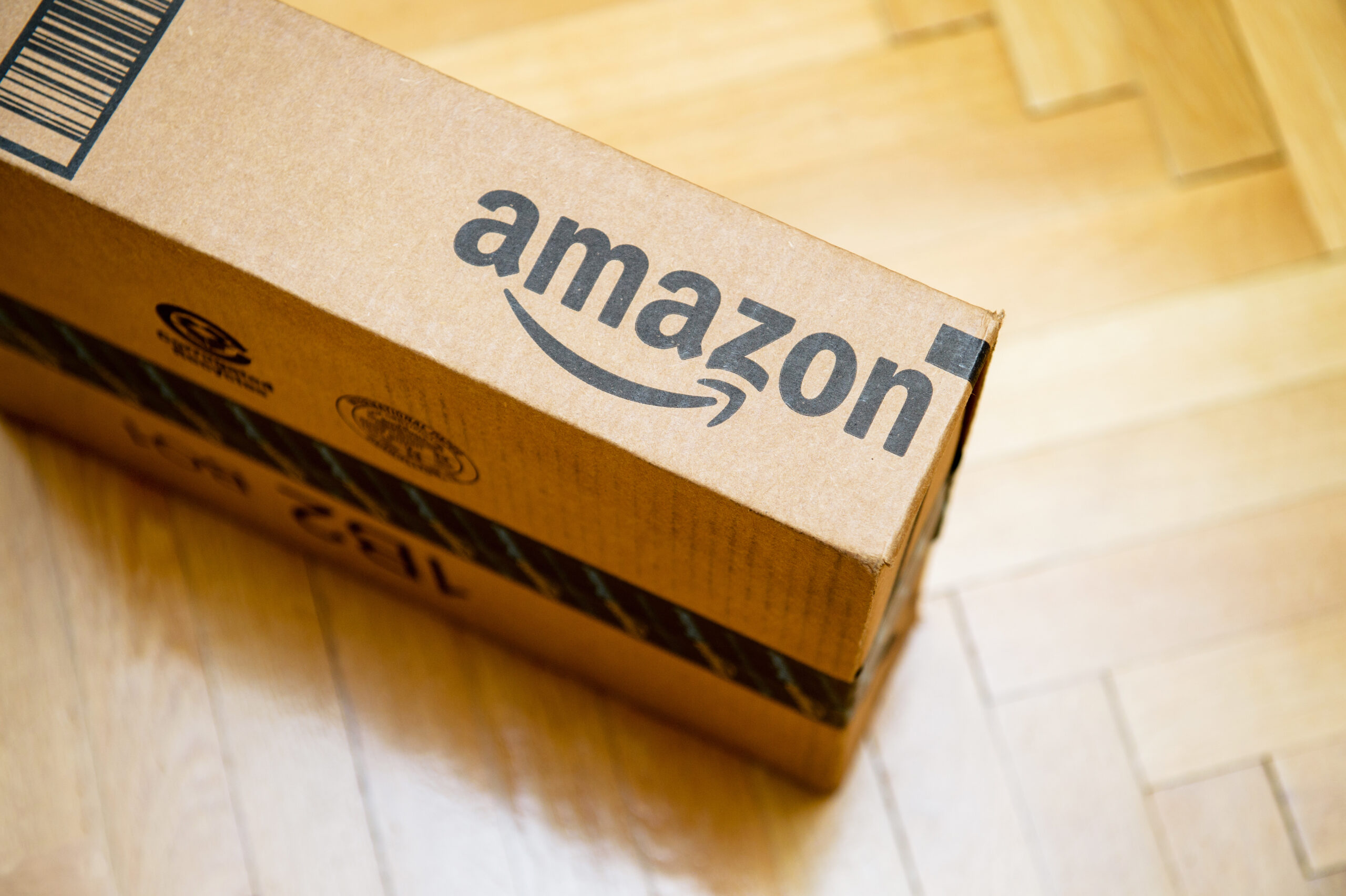Though patient health monitoring systems have been used in hospitals and care centers for years, the medical device industry is currently experiencing a technology upgrade. Earlier this month, the Xtalks Blog published a blog post on the current trend of crossover medical devices; those tools used both by healthcare professionals, and the average health-conscious consumer.
To get an insider’s perspective on where the health monitoring medical device industry is heading, and how these devices could improve outcomes for clinical trials, I spoke with Deepak Prakash, Global Director of Marketing, Digital Health, for Vancive Medical Technologies. Vancive just recently launched their first patient monitoring device using their novel Metria™ Informed Health Platform.
How does Vancive’s Metria IH1™ Informed Health Monitoring System compare to other systems on the market?
Metria™ is one of our offerings in this emerging trend of connected health products. Our vision is to start with activity and lifestyle monitoring, and then go into some of the deeper physiological monitoring as we expand the portfolio. But the connected health market is generally at its early stages. Any connected health product differs substantially from existing legacy monitoring products that you would find in hospitals.
The new family of connected health products – using mobility solutions and delivering healthcare wirelessly – is very different [from traditional patient monitoring devices]. Within that family of activity tracking products, the Metria IH1™ is different in terms of its form factor.
Metria IH1™ is very simple – something you stick on the skin. Secondly, we’re disposable whereas a lot of them are durable. Thirdly, because of the nature of the device, (how it’s used and the accuracy), we focus mainly on the healthcare service providers, as oppose to direct-to-consumer.
Because the space is so early and everybody is discovering the beauty of new sensors, wireless mobility solutions, and apps, it differs greatly from legacy systems that are out there. The vision for this space – and certainly some of our products as we decide to grow – is to start to replace some of the legacy monitoring systems because they’re old, very complex, expensive, and they can affect the quality of life of the user.
In every industry – whether it’s travel, banking or news – everything is being delivered at your fingertips now through smartphones and other technologies. Why not healthcare too?
Do you think Metria IH1™ has an application in patient monitoring during clinical trials?
Yes, very much so. That’s a big area of focus for us with our [Metria IH1™]. One of the things with clinical trials, is that they are evolving in terms of getting more accurate data about the lifestyle of the patient when they are taking a drug, or being studied. A lot of times it’s all very subject to recall by the patient. For example, “Do you remember what you felt like on Tuesday,” or, “Do you remember being able to walk without pain?”
These kinds of new technologies are definitely going to change the clinical trial landscape. Because it’s of great interest, I’m attending a seminar conference in New York at the end of this month where specifically wearable and visual technologies as being talked about, [and how they can] make a difference in clinical trials.
Today, the Metria IH1™ is being used in medical professional services, clinical trials and health and wellness. The next generation we’re working on will have traditional physiological monitoring abilities, such as a heart rate monitor.
I’m interested to learn more about the comfort of wearing the device – how can it be worn during showering and exercise?
It’s a waterproof design and it can stick to the skin. You can shower with it, sleep with it, run with it and sweat with it. The only thing you can’t do is submerge the product in water – like in a swimming pool or bathtub. While incidental contact with water is OK, prolonged exposure to submerged conditions means water will start creeping into the electronics. The adhesive is very good and something we are known for as a company.
What was the motivation behind making Metria IH1™ disposable? Could you foresee development of a device that is more long-term?
The problem with telling someone to wear something for long periods of time is that they just tune out. Our philosophy from the beginning, was that it’s better to give you good, accurate, highly-compliant data, for short periods of time. It’s meant more for baseline assessment. If you go into some of the more clinical-based monitoring – especially when you’re trying to diagnose or treat a particular condition – you would need a different form factor.
We have plans [to develop a durable device], we just haven’t embarked on those yet. For example, I could envision a device in which you could charge the electronics and swap out the adhesive patch, to prolong the use of the product. Part of it points to the newness of the industry. People are just trying to figure out what solutions work best for health monitoring.
How did you previous marketing experience prepare you for your current role as Global Director of Marketing, Digital Health for Vancive Medical Technologies?
I’ve always been in the medical device industry, featuring a lot of patient-facing therapy and health management products. In one sense, the basic competencies you need in order to succeed in a global marketplace don’t change. You still have to have good products and you need to articulate features and benefits. I focused a lot on early upstream marketing and development – what’s good, what’s a new product, how can you bring in technologies, and how can you commercialize something.
It’s like the Blue Ocean/Red Ocean concept: Everybody says they’d rather be in the calm blue ocean rather than the bloody red ocean where each of your competitors are going at each other. I’ve focused a lot on how to create new value for a company, by looking at the calm blue ocean where there’s nobody else. Maybe it’s early stage development, maybe it’s a little riskier, and maybe it’s a new venture.
Because this whole connected healthcare space is so new, this is not like wound care or other traditional hospital-based systems where you’ve had 50-100 years to perfect it. It’s emerging, it’s new so you have to have a good understanding of where something is trending and where it’s going 5 years from now. Those skills all translated into my current role.
______________________________________________________________________________
Do you think health monitoring devices will become commonplace in future clinical trial research? How could health monitoring devices apply in your industry? Share your opinions in the comments section below!










Join or login to leave a comment
JOIN LOGIN